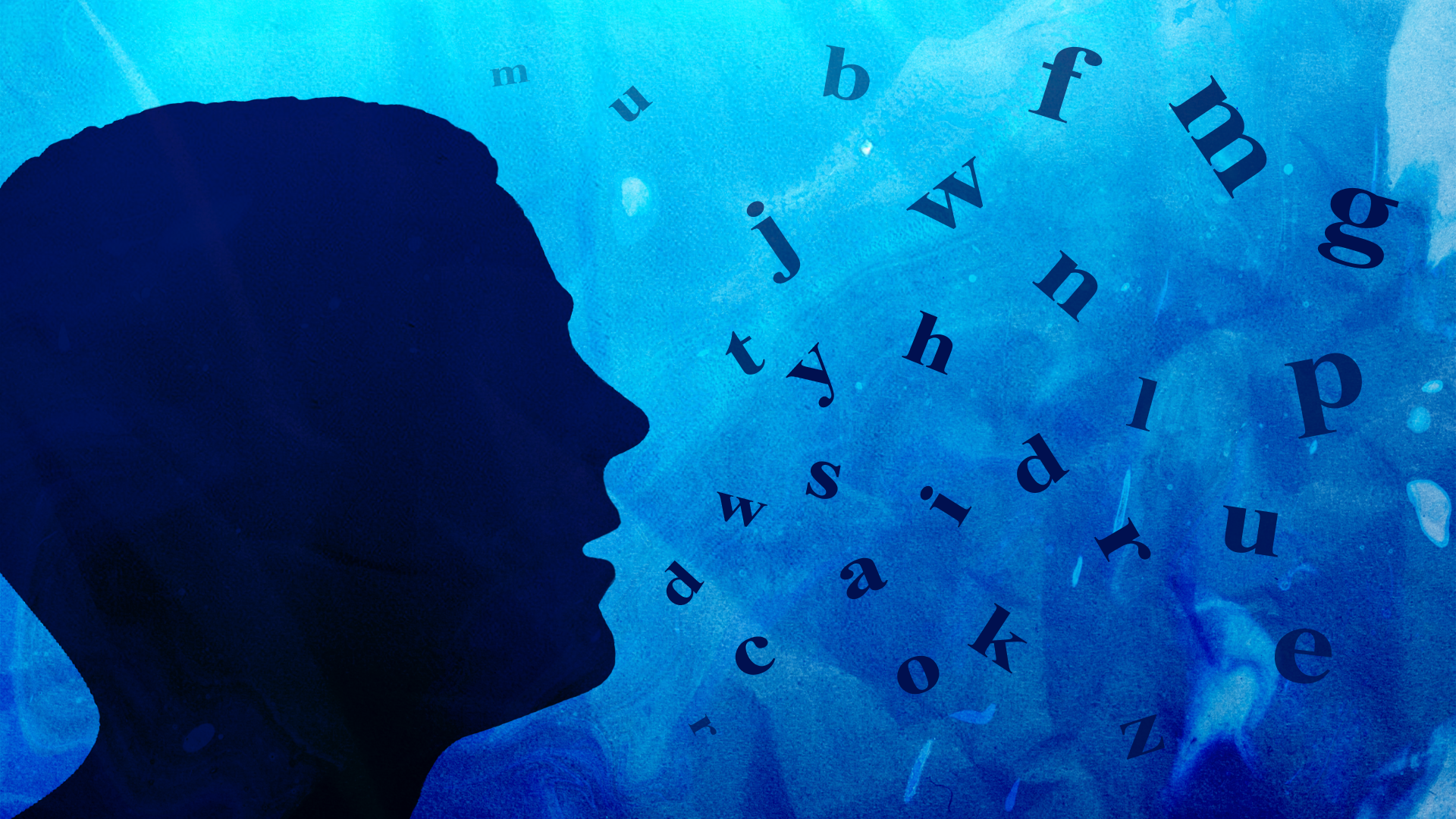- 2023/02/21
Ensuring Equality Through Mother Tongue-Based Education: Lessons from the Sámi People in Norway and Sweden

As we celebrate International Mother Language Day, it’s worth noting that according to UNESCO’s Atlas of the World’s Languages in Danger, almost half of the world’s languages is at the risk of endangerment. This alarming trend is a reminder of the urgent need to support linguistic diversity and promote the vitality of minority languages. In this context, a recent study based on two projects conducted by researchers at the University of Konstanz (Germany) sheds light on the important role of language recognition in reducing discrimination against minority language speakers[1]. The study focuses on the Sámi population in Norway and Sweden[2]. It shows that the recognition and appreciation of the Sámi language can positively affect the social standing of this minority, ultimately reducing discrimination. As we reflect on the importance of linguistic diversity on Mother Language Day, the findings of this study offer valuable insights into how we can promote a more inclusive and equitable society.
This research aimed to highlight the link between language discrimination and the loss of minority languages, explicitly focusing on the experiences of the Sámi population in Norway and Sweden. To achieve this, a “Nordic Peoples Survey” was conducted in the summer of 2021 with 5,400 participants, including 44.7% with Sámi ethnicity in Norway and 28% with Sámi ethnicity in Sweden. Complementing these quantitative findings, qualitative data was gathered from interviews with Sámi speakers by Yair Sapir in 2020. The policy paper titled “Why Language Matters: Inequality Perceptions among the Sámi in Sweden and Norway” is also quoted by the Cluster of Excellence “The Politics of Inequality” at the University of Konstanz, and authored by Anika Lloyd-Smith, Fabian Bergmann, Yair Sapir, Rusen Yasar, and Tanja Kupisch.
The research examined the relationship between language loss in minority communities and discrimination in various aspects of the society, including education and employment, focusing on Sámi population in Norway and Sweden. The research demonstrated that recognising a minority language as a national language reduces discrimination. In addition, the study showed that Sámi people in both countries experienced significant discrimination, especially when using Sámi language in public. Furthermore, the study found that Sámi people in Sweden who use their language often experienced more robust discrimination than those in Norway. Additionally, the study identified insufficient opportunities to learn and use the Sámi language outside their families and administrative barriers as forms of structural discrimination. Moreover, Sámi people in Sweden believed their country’s language policy discouraged them from learning and revitalizing their mother tongue.
The study found that showing appreciation for and integrating a minority language into everyday life can reduce discrimination against linguistic minorities. The research team from the University of Konstanz recommends promoting respect and appreciation for Sámi languages through language policies to combat discrimination and perceived inequalities. Successful policies in Norway have demonstrated that integrating a minority language more firmly into the public sphere, for example, through multilingual signage and labelling in everyday life, can effectively counteract discrimination.
Promoting and celebrating linguistic diversity is crucial in ensuring that minority and indigenous languages are protected under international human rights law. States should invest in teaching materials, teacher training, and promoting the mother tongue as a medium of instruction where possible. This provides literacy and numeracy skills and helps maintain a unique worldview and knowledge system. Let us embrace inclusive societies that respect the linguistic rights of minorities and indigenous peoples and celebrate the beauty of our global linguistic tapestry on the International Mother Language Day and the International Decade of Indigenous Languages.
[1]University of Konstanz, “Why Language Matters: Endangered Languages and Discrimination,” February 20, 2023.https://www.newswise.com/articles/why-language-matters-endangered-languages-and-discrimination
[2] Sámi people have inhabited the northern regions of Norway, Sweden, Finland, and Russia for thousands of years. They have their own languages, customs, and beliefs and have faced discrimination and forced assimilation. Despite some progress towards recognizing and protecting their rights in recent decades, Sámi people still face challenges in preserving their unique cultural identity and achieving more significant political and cultural autonomy. (For more, see https://arapahoelibraries.org/blogs/post/who-are-the-sami/)
Prepared by Akvilė Beleškaitė within the framework of a traineeship programme of the EFHR



